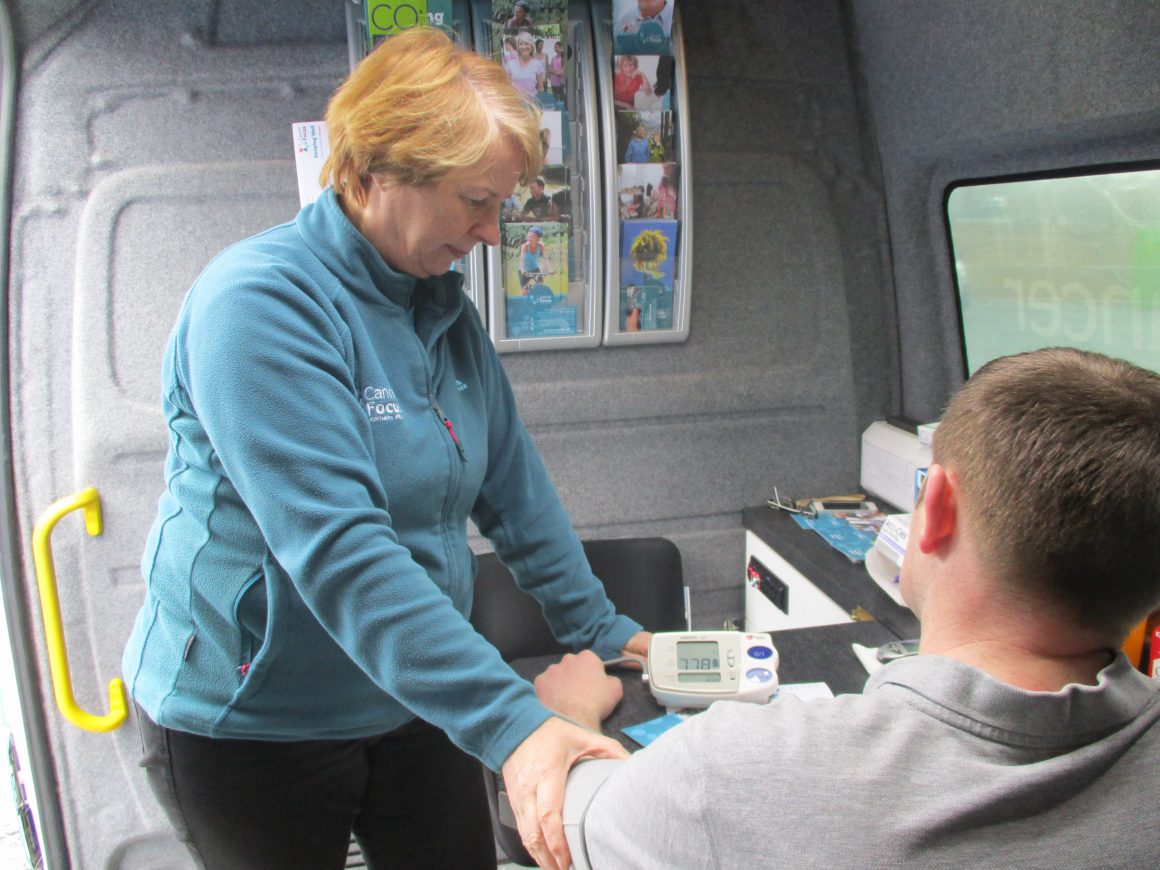
GRAHAM[1] is a leading specialist in Construction, Fit-Out and Facilities Management Projects. With our HQ in Hillsborough, Northern Ireland, GRAHAM has over 2200 employees, based in 14 cities and 150 sites across the UK & Ireland.
Traditionally, the focus in construction was more on site safety matters but attitudes are now changing as the industry is increasingly realising that issues of health and wellbeing are just as important.
With a strong person-centred approach, GRAHAM is proud to have achieved industry accolades for a number of highly successful wellbeing initiatives, ranging from a dedicated wellbeing hub portal, wellbeing awareness campaigns and challenges, support helplines, and the innovative face-to-face personal health and wellbeing development programme Connect Plus.[2]
However, whilst our direct staff have the benefit of extensive and accessible corporate wellbeing initiatives, 80% of our business at GRAHAM is delivered by our supply chain on our sites. Therefore, widening our culture of learning and wellbeing for all operatives on GRAHAM sites inclusive of our supply chain has always been seen as an important challenge to overcome.
Learning & wellbeing engagement opportunities on project sites include:
- Wellbeing Posters, leaflets and awareness campaigns keep wellbeing on the agenda
- Confidential dedicated on-site face-to-face support via Mental Health First Aiders, Supervisor Training, Wellbeing Champions and FIR Representatives
- Links to helplines and external support for more sensitive issues located to allow for discreet engagement
- Tool Box Talks on sites delivered by local wellbeing specialists
- Health checks & ongoing support services (eg, stop smoking support) available onsite to facilitate accessibility
- Promotion of online/e-Learning resources offer opportunities for independent learning
- Opportunities to visit wellbeing charities in their environments to deliver donations has influenced wellbeing literacy programmes on the site (eg, engagement with a homeless charity prompted the site to increase more information on financial literacy and local support to operatives).
Given the confidentiality implications, impacts are difficult to capture unless voluntarily shared. However, in one study in which Construction operatives were asked to voice their thoughts on a health ‘MOT’ check made available by the site[3], we were able to look more specifically at participation and barriers to uptake.
The study looked at both immediate and longer-term impacts on individuals of preventative health checks and explored reasons for non-participation.
Recommendations highlighted the importance and effectiveness of different forms of adult learning in widening participation to wellbeing initiatives. These include:
- Employing a range of promotional strategies to attract and engage individuals with different learning preferences
- Overcoming the ‘fear factor’ as a prominent barrier to participation in health checks through :
- Providing promotional information in understandable terms to convey the realities of what the checks involve, the benefits of participation and why early prevention should be considered.
- Using peer role models, and/or examples of anonymised industry success stories.
[2] https://www.highwaysmagazine.co.uk/How-GRAHAM-changed-the-game-on-health-and-wellbeing/4541
[3] https://cancerfocusni.org/cancer-prevention/keeping-well-health-check-services/


Leave a Review